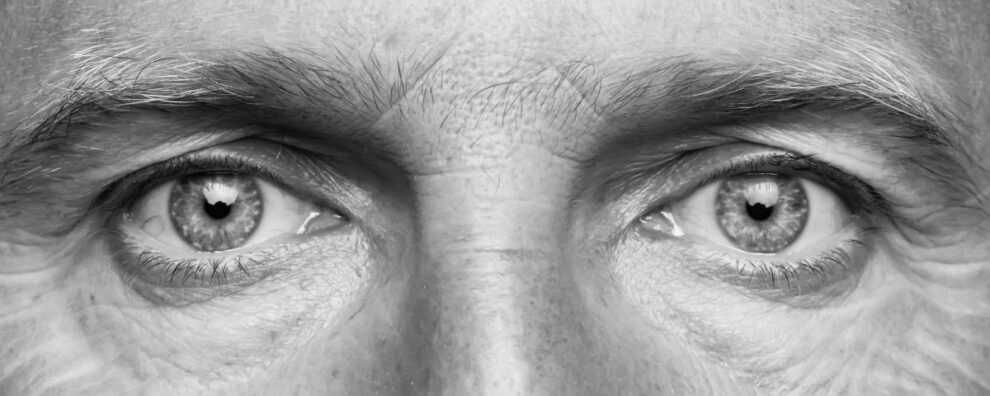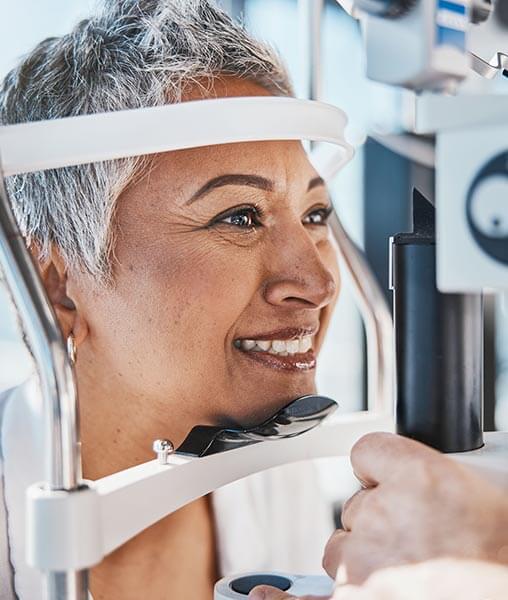Posted by: Albany Cornea | Center For Eye Care Excellence in Uncategorized

Just like our skin, our hair and even our minds, our eyesight can succumb to the perils of aging. As you age, you may notice your eyesight getting worse and while this happens to a majority of us, it can be nerve-wracking and worrisome. This type of vision loss is called age-related macular degeneration and occurs when a part of the retina, known as the macula, begins to deteriorate. The retina is an important part of your eye that perceives light. So when the retina is not perfectly whole, you may have black spots in your vision. There is currently no cure for age-related macular degeneration, but if it’s diagnosed early, there are treatments to help your vision last longer.
How do you know if you are experiencing macular degeneration? One of the things you’ll notice is changed or diminished color perception. Because macular degeneration impacts the retina, it affects how much light the eye perceives, which will change the way you perceive color. Because your eyes receive less light with macular degeneration, you will also experience dark, blurry spots in the center of your vision. If you have any of these symptoms, make an appointment with CCA as soon as possible so we can determine the cause of this vision loss.
While stem cell research is thought to be the future of curing this disease, injectable medicines is the current standard of care for a more severe form of AMD known as wet AMD. These injectables shrink new blood vessels that have grown in the macula, but are not supposed to be there. While other procedures are still in the experimental stage, injectables are promising. We hope that one day we will find a cure for macular degeneration and no one will lose their vision simply due to aging.
Age-related macular generation does not always have symptoms in its earliest stages, so it is important to schedule regular eye checkups with your physician at Center For Eye Care Excellence to make sure your eyes are healthy. Macular degeneration does not typically result in complete vision loss, but because there is currently no cure, it is important to diagnose the condition early so we can try to prolong future loss of eyesight.

